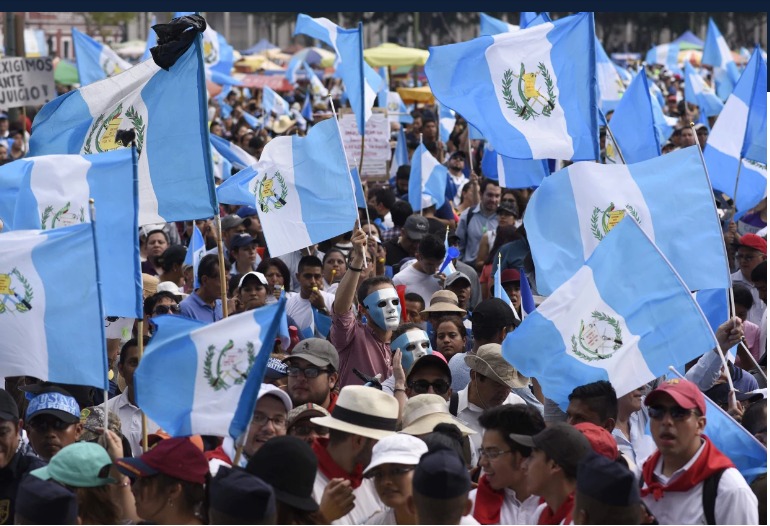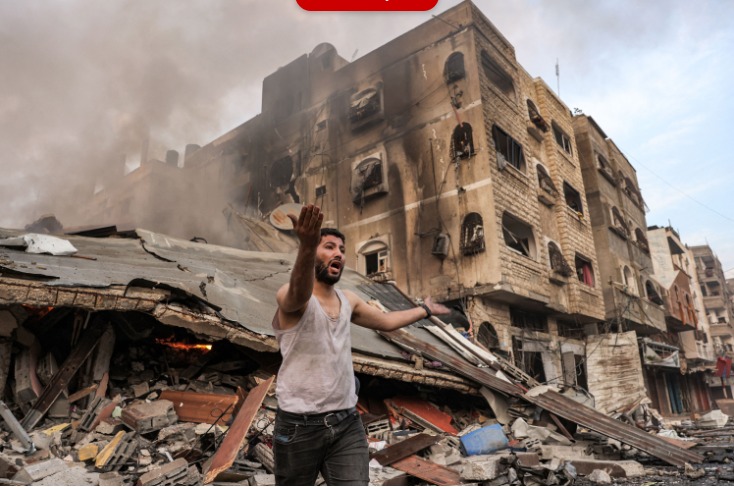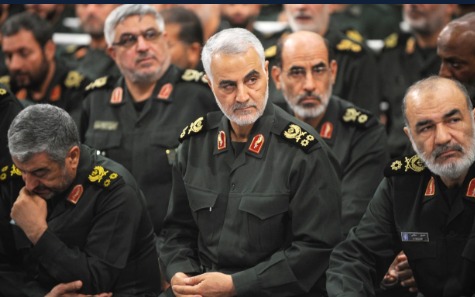In a significant diplomatic move, the United States announced stringent visa restrictions affecting nearly 300 Guatemalan citizens on Monday. The action was prompted by what the U.S. Department of State labeled as “anti-democratic actions” by officials and other entities accused of attempting to undermine the recent election won by President-elect Bernardo Arévalo. The list of those affected by the visa restrictions is extensive, including over 100 members of the Guatemalan congress, private sector representatives, and their family members. The U.S. Department of State asserted that these individuals were targeted for their alleged roles in undermining democracy and the rule of law in Guatemala.
The roots of this diplomatic confrontation can be traced back to Arévalo’s resounding victory in the summer elections. Since then, a tumultuous series of events has unfolded, with members of the Guatemalan Congress and the country’s Public Ministry, led by Attorney General Consuelo Porras, facing accusations of attempting to invalidate the election results. These accusations have taken various forms, from ordered raids on electoral authority offices to requests for arrest warrants. Most notably, the Ministry has sought to strip Arévalo’s presidential immunity, accusing him, a winner on an anti-corruption platform, of money laundering and the alleged use of false documents in establishing his political party, the Semilla Movement.
Responding to these allegations, Arévalo characterized the orchestrated efforts against him as an attempted “coup d’état.” His defiance echoes the sentiment that the challenges to his party, which ran on an anti-corruption platform, and the questioning of the election results are part of a broader strategy to undermine the democratic process.
Adding fuel to the fire, Guatemala’s Congress, at the behest of the Public Ministry, passed a resolution to remove the immunity of four out of the five Supreme Electoral Tribunal (TSE) judges. The TSE, responsible for certifying the country’s election results, found itself at the center of controversy, further intensifying the political turmoil.
The repercussions of these maneuvers have not been limited to the domestic arena. The international community has expressed widespread condemnation, and the nation has witnessed mass protests. The U.S. State Department’s announcement of visa restrictions underscores its stance on the matter. The move is justified by citing the attempt to annul Arévalo’s immunity and the Public Ministry’s actions against electoral workers and party representatives as evidence of a clear intent to delegitimize Guatemala’s free and fair elections and disrupt the peaceful transition of power.
At the heart of this political storm is Bernardo Arévalo, whose familial legacy in Guatemalan politics adds a layer of historical significance. His father, the first democratically elected president of Guatemala in 1945, is remembered for instituting the country’s social security system. Born in Uruguay during his parents’ exile, Arévalo has promised to restore a sense of justice by bringing back journalists, judges, and prosecutors who fled the country following the government’s shutdown of a United Nations-backed anti-corruption commission known as CICIG.
As the political landscape in Guatemala continues to evolve, the U.S. visa restrictions serve as a forceful diplomatic tool, emphasizing the international community’s commitment to democratic principles. The situation in Guatemala remains fluid, and the actions and reactions of key players on both the domestic and international fronts will shape the country’s political trajectory in the months to come.



